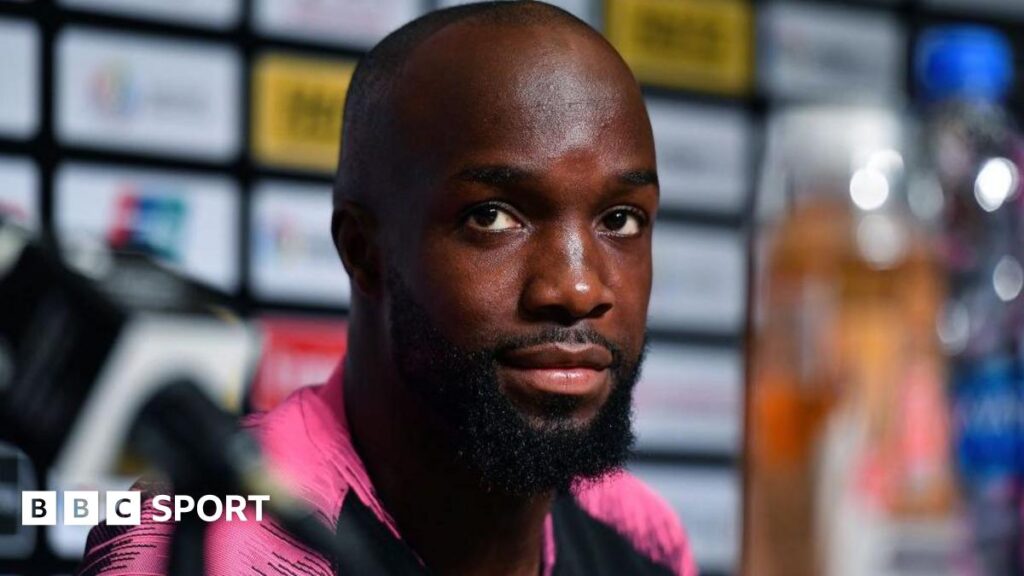“A seismic legal confrontation between players and Fifa.”
The view of former Fulham midfielder-turned-lawyer Udo Onwere when asked to assess the significance of the compensation claim launched against Fifa this week on behalf of current and former professional footballers over transfer rules.
On Monday, Dutch foundation Justice for Players (JFP) said it had started a class action lawsuit against the sport’s world governing body, along with the football associations of France, Germany, the Netherlands, Belgium and Denmark.
It argues that 100,000 footballers playing in Europe since 2002 could have lost income as a result of “unlawful” Fifa regulations, and that “preliminary analysis” shows that damages could amount to several billion pounds.
The case is the result of last year’s ruling by the highest European court that Fifa regulations over some football transfers broke EU laws.
In October, the European Court of Justice (CJEU) found in favour of former Chelsea and Arsenal midfielder Lassana Diarra after he argued some of the rules restricted his freedom of movement and breached competition law, and sued Fifa.
“This class action could rewrite the rules governing player mobility across the global football industry” says Onwere, who is now a partner at law firm Bray and Krais.
“What distinguishes this case from previous skirmishes with the governing body is its sheer scale and complexity… The outcome of this litigation could usher in a new era of transfer regulations and governance – one where contractual stability is balanced with player autonomy.
“It could prove to be as transformational as the landmark 1995 Bosman ruling.”
Such a comparison is notable, because JFP is being advised by Diarra’s Belgian lawyer Jean-Louis Dupont, who also won the landmark 1995 case at the CJEU on behalf of ex-player Jean-Marc Bosman.
That ruling dramatically changed the sport, meaning footballers could choose to run down their contracts and move clubs on a free transfer, with teams no longer able to demand compensation for out-of-contract players.
Thirty years on, some now believe this latest case could result in players being able to terminate their own contracts, without paying compensation, before those deals come to an end.
BBC Sport has been told that Fifa has until the start of September to respond to the threat of legal action.


